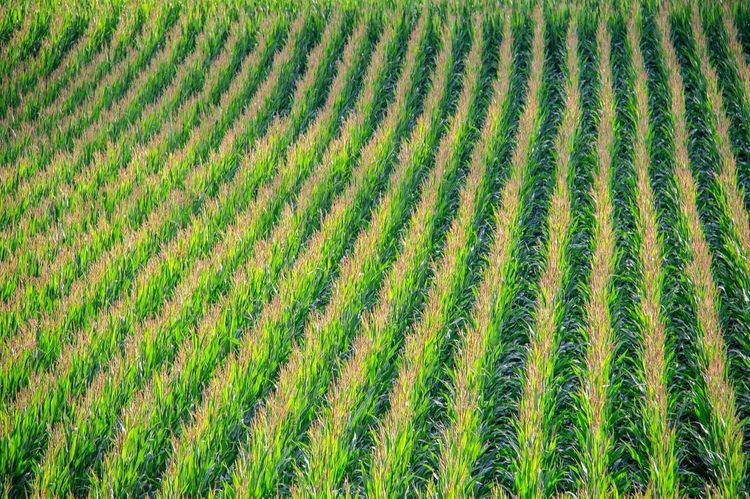New CRISPR Regulations Further Limit Europe’s Agricultural Potential
Two years ago, the US National Academies of Sciences, Engineering, and Medicine completed a meta-analysis of over 1,000 studies on genetically-engineered (GE) crops, also known as GMOs. Its major conclusion: after over two decades of systematic use, GE crops have not elevated risk to human or environmental health.
The European Union (EU) has placed severe restrictions on GE crops. Ironically, it has not done so for mutant plant varieties produced by irradiation (mutagenesis) because they have “a long safety record.” To make matters worse, as of last week, the EU added gene-edited crops, such as those produced using CRISPR, to its long list of prohibitively regulated commodities.
With its abundance of caution, the EU has significantly impaired its agricultural business. The EU is the fourth largest corn-producing polity in the world, thanks to a bounty of rich farmland. But its yields fall well below those found in countries with widespread adoption of GE crops. 2017 EU corn yields were 26.1 and 33.0 percent lower than those in the US and Canada, respectively. Analysis of Gro Intelligence data indicates that 2017 GE corn yields in Ontario were fully 28 percent higher than non-GE. This huge difference likely captures other variations in cultivation style as well, but it seems clear that the EU pays a steep price in lost production for its GE rules.
 Blog
BlogSouth America: Fall Planting Snapshot
 Insight
InsightSoggy Start to Spring Points to Fertilizer Application Delays for US Corn
 Insight
InsightChina’s Grain Imports Reach Record With a Growing Reliance on Brazil
 Insight
Insight

 Search
Search